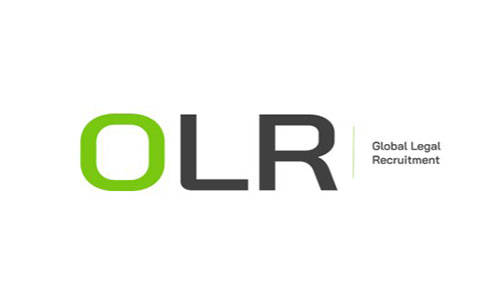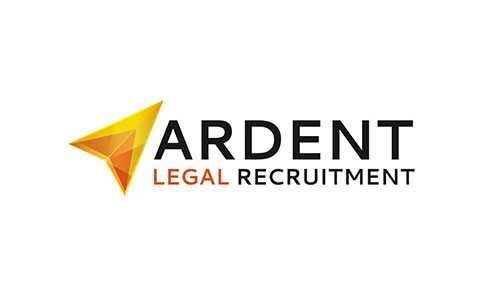Boost for litigation funders as key report backs legislative fix to PACCAR

The Civil Justice Council has called for urgent legislation to reverse the Supreme Court’s PACCAR ruling, which destabilised the UK’s litigation funding market.
It also recommends introducing light-touch, sector-specific regulation for funders - distinct from the rules governing lawyers’ contingency fee arrangements.
The Civil Justice Council (CJC) has called on the government to reverse the Supreme Court’s controversial PACCAR decision “as soon as possible” and introduce light-touch regulation of litigation funding, in its long-awaited report published on Monday (2 June).
The report, which had been closely watched by the litigation funding industry, recommends a twin-track legislative approach: first, to reverse PACCAR; second, to introduce a statutory regulatory framework governing third-party litigation funding across the UK.
PACCAR first, then everything else
The CJC says the PACCAR ruling - handed down by the Supreme Court in July 2023 - should be undone through primary legislation. The court’s decision reclassified percentage-based funder returns as damages-based agreements (DBAs), throwing the enforceability of many litigation funding agreements into doubt and creating serious uncertainty in the market.
The report urges lawmakers to draw a distinction between contingency fee funding provided by lawyers (e.g. DBAs and conditional fee agreements (CFAs)) and funding provided by third-party litigation funders, with each subject to a separate regulatory regime.
Litigation funders and claimants have warned for months that the ruling has chilled investment in UK claims. The Labour government, which inherited a draft bill to reverse PACCAR, had said it would wait for the CJC’s findings before acting.
Regulation, but not too much
The report recommends introducing “light-touch” regulation through rules set by the Lord Chancellor, rather than the Financial Conduct Authority (FCA), at least for now. That recommendation should be reviewed five years after implementation.
Minimal regulation would apply where funding is provided to commercial parties, while more robust requirements would apply to consumer claims and collective proceedings. Baseline rules would include capital adequacy requirements, early disclosure of funding arrangements and restrictions on funders controlling litigation. The CJC rejected calls for caps on funders’ returns.
Standard terms for litigation funding agreements (LFAs) should be developed to introduce consistency and improve consumer protection, the CJC says. It also recommends new court powers to manage funding costs and promote alternative dispute resolution in mass claims.
Contingency fees and other reforms
The report also calls for a single regulatory regime for contingency fee arrangements, bringing together DBAs and CFAs, and for DBAs to be permitted in opt-out collective proceedings before the Competition Appeal Tribunal (CAT).
What happens next
The CJC’s recommendations are advisory. Implementation will depend on government action.
Master of the rolls, Sir Geoffrey Vos, has expressed support for the report and its recommendations, but it remains to be seen which proposals will be adopted.
Join 10,000+ City law professionals who start their day with our newsletter.
The essential read for commercially aware lawyers.







